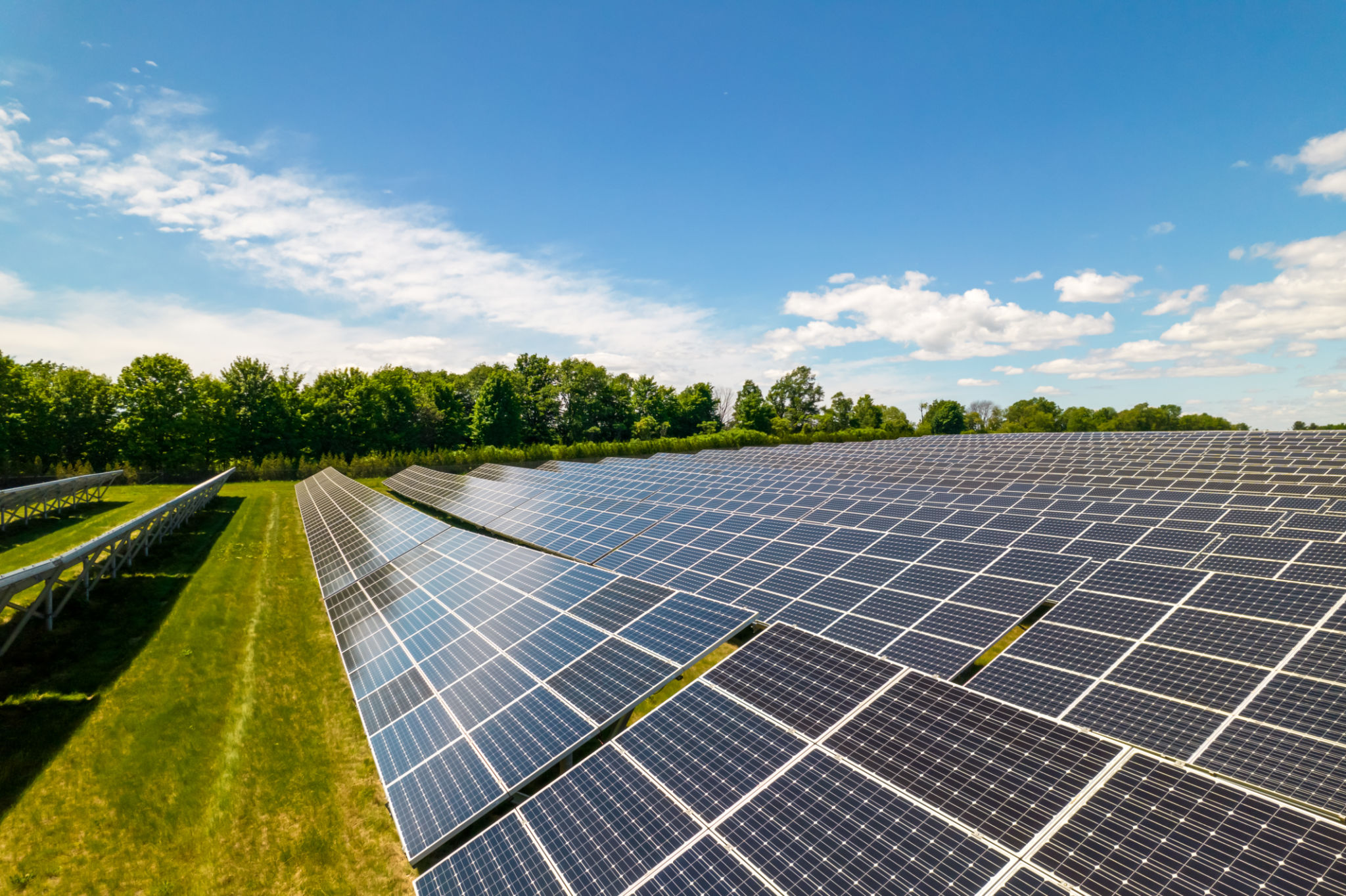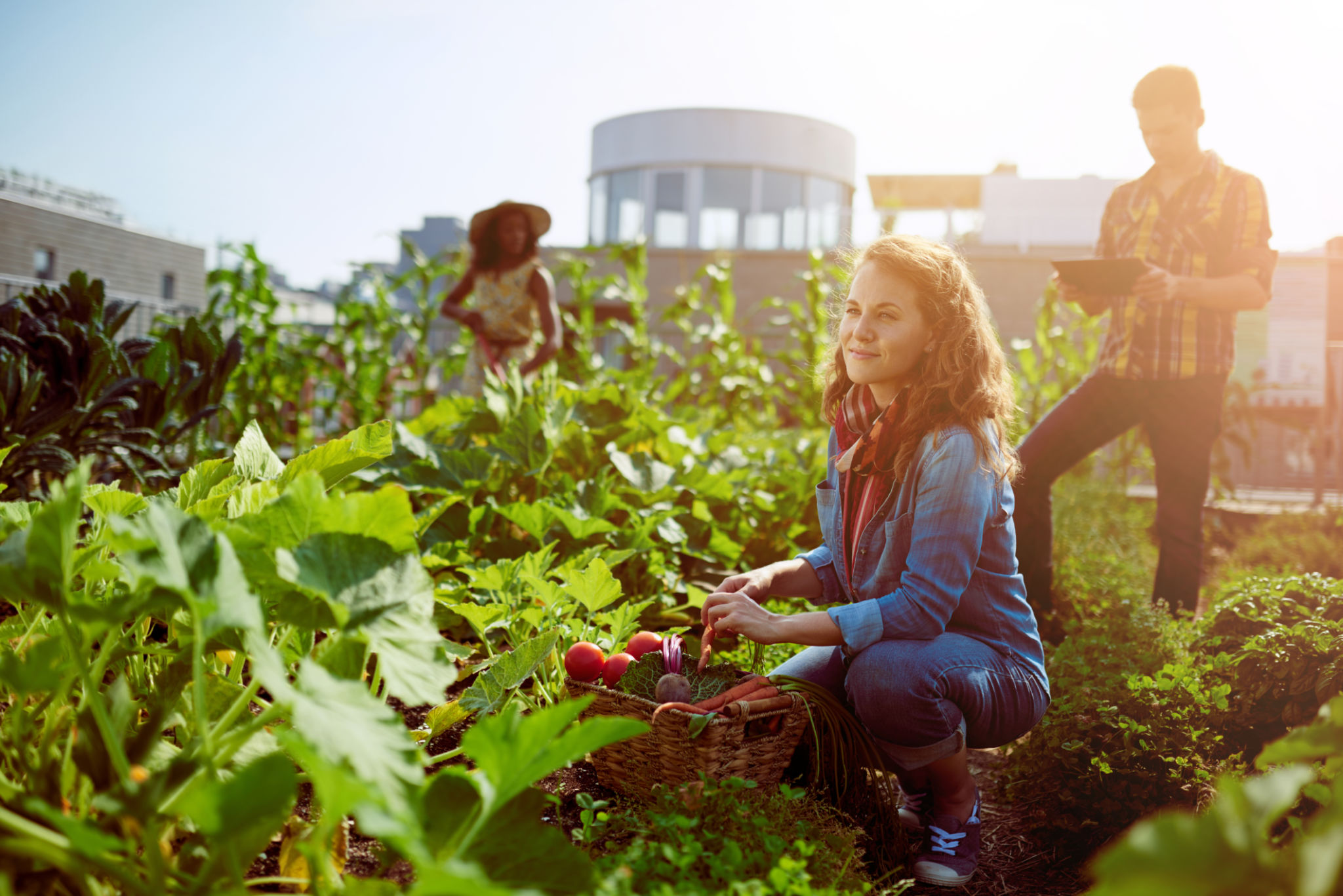A Comprehensive Guide to Sustainable Farming Practices at Sunrise Farm Lombok
Introduction to Sustainable Farming
Sunrise Farm Lombok is a shining example of how sustainable farming practices can transform agriculture. By focusing on methods that protect the environment, support local communities, and ensure long-term productivity, the farm has become a leader in sustainable agriculture. This comprehensive guide explores the practices that make Sunrise Farm a model for others to follow.

Organic Farming Techniques
At the core of Sunrise Farm's approach is organic farming. By avoiding synthetic fertilizers and pesticides, the farm enhances soil health and reduces pollution. Instead, natural compost and organic matter enrich the soil, fostering a healthy ecosystem. This approach not only produces healthier crops but also promotes biodiversity.
Crop rotation is another essential technique employed at Sunrise Farm. By rotating different crops in the same area, the farm minimizes pest infestations and soil depletion. This practice helps maintain nutrient balance and reduces the need for chemical inputs.
Water Conservation Strategies
Water management is crucial to sustainable farming, especially in regions prone to drought. Sunrise Farm utilizes rainwater harvesting systems and drip irrigation techniques to maximize water efficiency. These methods ensure that every drop of water is used effectively, promoting conservation and reducing waste.

The farm also implements soil moisture sensors to monitor and manage water usage accurately. This technology helps optimize irrigation schedules, ensuring crops receive just the right amount of water needed for optimal growth.
Renewable Energy Integration
Sunrise Farm Lombok takes advantage of renewable energy sources to power its operations. Solar panels are installed throughout the farm to harness the abundant sunlight in Lombok, reducing reliance on non-renewable energy sources and lowering carbon emissions.
By shifting towards renewable energy, Sunrise Farm not only cuts down on its environmental footprint but also benefits financially from reduced energy costs. This approach highlights the economic viability of sustainable practices in agriculture.

Community Involvement and Education
Engaging with the local community is a vital aspect of Sunrise Farm's sustainability mission. The farm provides educational workshops and training sessions on sustainable practices for local farmers, helping to spread awareness and inspire change across the region.
By involving the community, Sunrise Farm fosters a sense of ownership and collaboration. This collective effort ensures that sustainable practices are adopted widely, leading to long-term benefits for both the environment and local livelihoods.
Conclusion: A Model for Sustainable Agriculture
Sunrise Farm Lombok exemplifies the principles of sustainable agriculture through its innovative practices and community engagement. By prioritizing environmental health, resource efficiency, and social responsibility, it sets a benchmark for others to follow. As more farms adopt these practices, the future of agriculture looks promisingly green.
